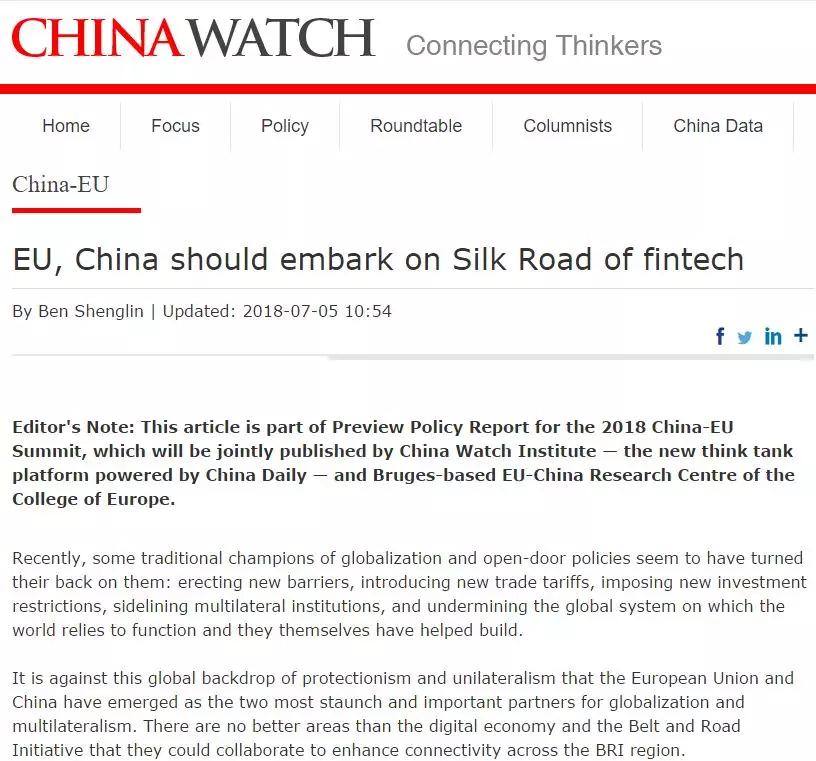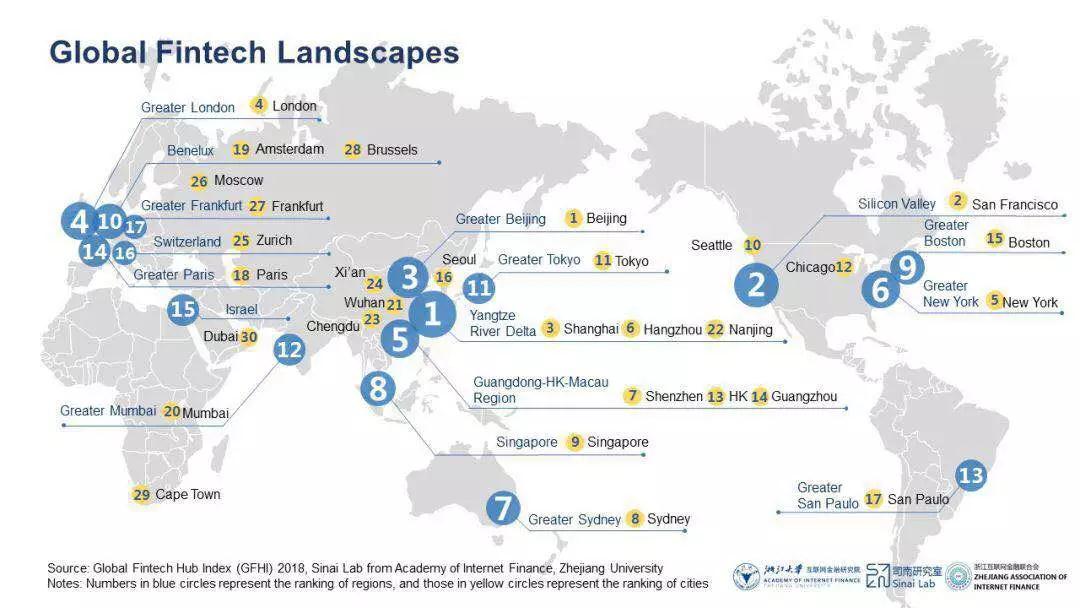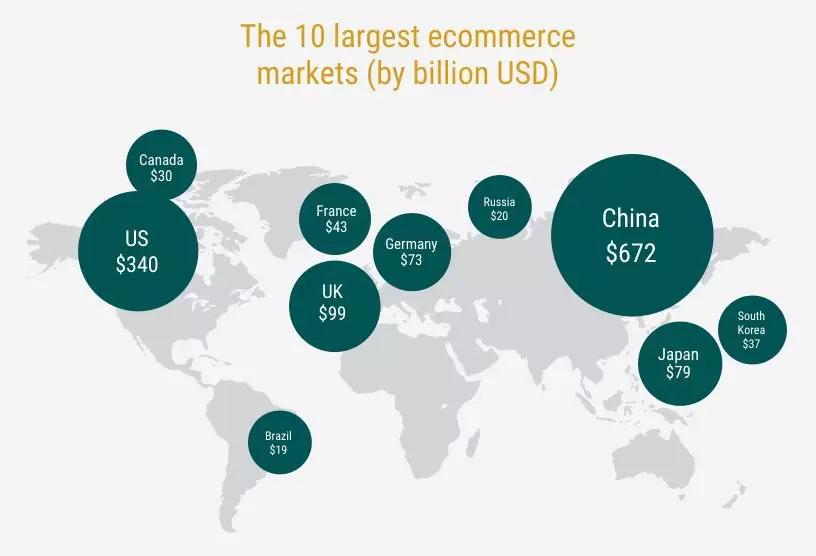2018年7月16日,中华人民共和国国务院总理李克强同欧洲理事会主席图斯克、欧盟委员会主席容克在北京举行第二十次中国欧盟领导人会晤。
浙江大学互联网金融研究院(简称浙大AIF)院长贲圣林教授近期受邀发表署名文章《EU, China should embark on Silk Road of fintech》。本文系本次中国欧盟领导人会晤政策报告的一部分,由中国日报(China Daily)和位于比利时布鲁日的欧洲学院中欧研究中心共同发起的新智库平台China Watch Institute发布。贲圣林院长在文中指出,数字经济(金融科技)和“一带一路”倡议的结合可以加强沿线国家的联通。在世界正在经历与贸易保护主义和孤立主义的斗争时,中欧建立在金融科技领域的合作伙伴关系至关重要。
媒体报道

链接:http://www.chinawatch.cn/a/201807/05/WS5b3d8866a3106beef4410063.html
Recently, some traditional champions of globalization and open-door policies seem to have turned their back on them: erecting new barriers, introducing new trade tariffs, imposing new investment restrictions, sidelining multilateral institutions, and undermining the global system on which the world relies to function and they themselves have helped build.
It is against this global backdrop of protectionism and unilateralism that the European Union and China have emerged as the two most staunch and important partners for globalization and multilateralism. There are no better areas than the digital economy and the Belt and Road Initiative that they could collaborate to enhance connectivity across the BRI region.
Digital finance
One of the most exciting developments in our era is the vital role of digital technologies. Thanks to its unique ecosystem, China has emerged as a leader in the digital economy.
At the core of the digital economy is digital finance, which is often used interchangeably with financial technologies. While the digital economy has been growing much faster than the average GDP, digital finance, by its nature, has the potential to growing even faster, and has been doing so, because financial products and services can be digitally delivered cheaper and faster, without the constraints of supply chains and physical infrastructure, which would take more money and time.
China’s leadership in digital finance is probably even more significant. According to a recent study conducted by the Sinai Lab in the Academy of Internet Finance, Zhejiang University, three regions in China have emerged as global fintech hubs, alongside Silicon Valley and Greater New York in the US and Greater London in the UK.

The Global FinTech Landscapes
The Silk Road
Many consider the vast region between the EU and China as falling into the parameters of BRI. The region represents not just a third of the nations in the world (and an even higher percentage of the global population), but also the biggest opportunity for the world to become a better place.
Many problems we face today either are happening within this diverse and difficult region, or are traceable, in their origin, to the region. Given its geographical proximity to Europe, solving the problems in this region means solving many of their problems at its doorsteps and reducing the problems inside Europe, such as migration and terrorism threats.
BRI, with its focus on improving connectivity through investments in digital and physical infrastructure in the region, is an opportunity that the European Union should not miss. Collaboration with China in BRI will inevitably include close partnership in the digital economy, for which Europe needs a catalyst to catch up.

The 10 Largest E-commerce Markets 2017 (Source:Business.com)
The Silk Road of digital finance
Many factors have contributed to China’s leadership in fintech, among which is the large population whose financial service needs have been unmet by traditional mainstream financial service providers. With universal access, availability and affordability, fintech has proven to be the perfect solution to the unserved or underserved demand for financial services.
This demand-driven “China model” has already been replicated, with remarkable success, in some markets in this region with similar characteristics. Paytm in India is just one of such successes. Thanks to its strategic partnership with Ant Financial, a global fintech leader from China, Paytm has been able to expand its scope and scale so quickly that it now serves more than 250 million people in India, making it one of the largest payment platforms in the world.
EU-China fintech task force
As the saying goes, a single spark can start a prairie fire. The vast region is expected to join the fintech revolution, just as it has been sweeping China and India. It is in this context that the EU and China should consider setting up a EU-China fintech task force to coordinate their effort in promoting and guiding the development of digital finance in this region.
By joining hands with China, theEU will not only enhance connectivity across the region, but also enhance its influence in this region and its own prospects in the digital economy.
A nearby neighbor is more important than a faraway relative, according to a Chinese saying. With enhanced connectivity across the BRI region with a focus on the digital economy and fintech, the EU and China will transform their relationship from faraway relatives into nearby neighbors in the global village. Such a partnership will be most welcome as the world battles protectionism and isolationism.

